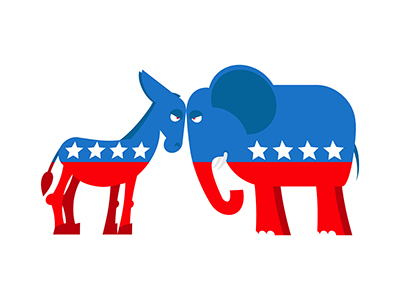
As widely reported, on April 20, the Democratic National Committee (“DNC”) kicked off a twelve count lawsuit against a number of entities and individuals, including the Russian Federation, General Staff of the Armed Forces of the Russian Federation (“GRU”), WikiLeaks, Julian Assange, Donald J. Trump, Jr., and other political foes. Amongst the wide swath of allegations, which include everything from computer fraud to RICO conspiracy, are allegations that the defendants misappropriated trade secrets in violation of both the DTSA and the Washington D.C. Uniform Trade Secrets Act.
Under the DTSA, the DNC alleges Russia, GRU, and a GRU Operative #1 misappropriated its trade secrets through cyber-attacks in 2015 and 2016. Of note, the DNC’s allegations under the Washington D.C. Uniform Trade Secrets Act are broader, because they include allegations of use against all defendants. In contrast, the allegations under the DTSA, are limited to misappropriation through acquisition and disclosure by Russia, GRU, GRU Operative #1, WikiLeaks, and Assange, even though the DTSA’s definition of misappropriation extends to use as well.
The DNC alleges its trade secrets include “Democratic donor information, opposition research, and strategic information regarding planned political activities that allow it to effectively carry out its mission.” Although the political underpinnings of this lawsuit present areas of trade secret protection that rarely, if ever, get litigated, the DNC will likely seek to equate this information to detailed customer lists and competitive intelligence that courts have protected in other contexts. Trade secret protection for such information is largely dependent on jurisdiction and the level of detail included in those customer lists that may render the information economically valuable.
This will be an interesting case to follow to see if courts will extend the DTSA to the unchartered territory of trade secrets in the political arena.

